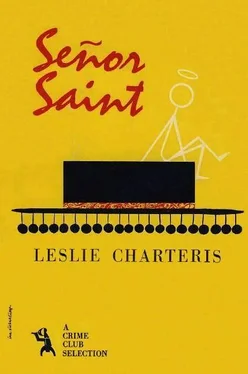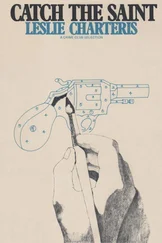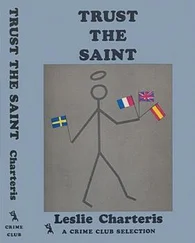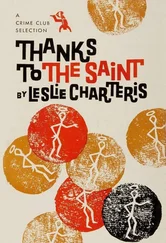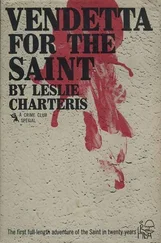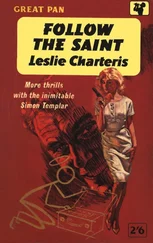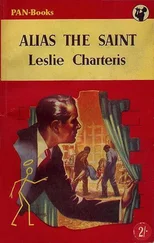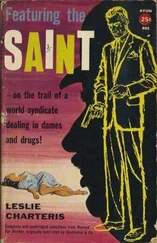Yet such are the vicissitudes to which a great talent may be subjected that on the day we are talking about Professor Humphrey Nestor was scraping the bottom of the barrel as literally as he was trying to suck the last drops of ice-diluted fluid through the straws that protruded from what had once been an ambrosial beaker of Panamanian rum punch.
“I can’t think what we’ve done to deserve such miserable luck,” he lamented.
“One thing is, you’re getting old,” said the shapely blonde who passed as his daughter Alice.
Their real relationship was of course much less conventional, but since she was almost exactly half his age, the father-daughter was far more disarming than if he had introduced her as his wife, and indeed was likely to arouse positive sympathy instead of a raised eyebrow. And there was the added advantage that this arrangement imposed no tiresome restrictions on the exploitation of her sex appeal, which was not negligible.
There were times, however, when he wished she would maintain a semblance of filial respect when they were alone, and this was one of them.
“You’re in a rut,” she said, with unsympathetic candour. “Sure, we had a good line once, but nobody’s been buying it lately. Instead of moaning about your bad luck, why don’t you start figuring out something new?”
“Because it’s still a good line,” said the Professor stubbornly. “The very best. I spent a lot of time dreaming it up. It’s worked fine for us down here — and we’re lucky to be here.”
There was much truth in that.
Some five years earlier, a purely technical error in the use of the mails had occasioned this rather abrupt deflection in a career which had long been devoted (with remarkably few interludes in jail, all things considered) to the cause of parting fools from their money with a promptness that would have gladdened the proverb-coiner’s heart. One day Professor Nestor woke up to realize that instead of a civil suit which he could have out-ranged by simply stepping over the nearest state line, he had laid himself open to federal retribution that would not be halted by any parochial boundaries within the United States. But he was a provident and foresighted man in other respects, and was never without an alternative identity sufficiently well documented to satisfy the liberal requirements of most Latin American countries, which are not inclined to make excessive difficulties for apparently solvent tourists; a banana boat happened to be sailing from New Orleans at a moment which it would be almost an understatement to call opportune, and in due course the Professor and Alice found themselves in Panama with an indefinite period of exile ahead of them.
Humphrey Nestor surveyed the situation and was not displeased. Such a precipitate departure as they had been forced to make might easily have landed them in any of the forsaken backwaters of the hemisphere, instead of which, they had been neatly unloaded on one of the world’s busiest bottlenecks. Through the Canal passed endless fleets of passenger-bearing vessels of all sizes and qualities, not to mention the coastwise trade and cruise boats of the Pacific and the Caribbean which touched the ports on either side of the isthmus, providing one of the basic essentials for the exercise of Mr Nestor’s peculiar talent: a bountiful supply of transients with time on their hands, money in the bank, a minimum of factual information about the locale, and a romantic predisposition to believe strange and wonderful tales appropriate to an exotic setting. He was reasonably sure that he had left no trail behind him, and he was not much worried about the police of the American zone, who were more concerned with the security of the Canal than with operations of his type. And there was the unique advantage of a completely invisible and unguarded frontier with the Republic of Panama, so that merely by crossing a street one could pass back and forth between jurisdictions — a convenience which he found extraordinarily comforting.
All that remained was to adapt one of their tried and proved routines to get the utmost value out of the scenery and atmosphere at their disposal, and this he had accomplished with such virtuosity that there were now twenty-three thousand dollars in a pension fund which they had accumulated by ruthlessly setting aside fifty per cent of all their killings.
Alice was the sole custodian of this fund, which she had insisted on as her price for continuing the partnership.
“We’re not going to live this way for ever,” she said. “We’re going to save up, and one day we’re going to retire and live like any other retired people, without ever having to worry again.”
There were times when the Professor wondered whether he was really included in those plans for her future. But he was forced to accept her terms, for very few bunco compositions can be played effectively as solos, and she was an invaluable confederate. This arrangement, however, explains the apparent paradox in the statement made earlier that at this moment the Professor was suffering an acute financial squeeze.
“If we don’t find a mark very soon indeed,” he said, “I’m going to have to borrow something from our retirement fund.”
“Then you’d better find a mark very soon, Pappy,” she said promptly. “Because our retirement fund is not lending.”
“But this would be an emergency,” he argued. “After all, we’ve both lived off the half share that doesn’t go into your fund, and all the other expenses came out of it too. You can’t do any good in this racket without capital.”
“Then I hope you connect while you’ve still got some,” she said. “But if I let you get your fingers into that fund on one excuse, pretty soon you’d have another, and before long there’d be no more fund, and we’d be on our way to the poorhouse in a Cadillac just like when I met you.”
“You haven’t done badly since we teamed up,” he reminded her tartly. “For a B-girl who never did anything bigger on her own than roll a drunk—”
“That’s why I went for you, Pappy,” she said sweetly. “I knew you had what it takes. Only I don’t know how I’d feel if I thought you’d lost it.”
“I could do fine if only we got a break,” he said. “I had that rich Australian solidly hooked last week, didn’t I? And then his daughter has to get polio and he turns around and flies home and that’s probably the last we’ll hear of him.”
“Anyhow, he got away,” she said. “And we didn’t get a cent out of him.”
The Professor sighed over the remorseless inflexibility of feminine logic, and looked glumly around in search of some happier conversational diversion.
They were sitting in the bar of what unschooled tourists will always call, redundantly, “The El Panamá” — at that time the newest and most luxurious (and most expensive) hotel in the Republic. Built and operated by Americans for Americans, it was the counterpart of fifty kindred air-conditioned caravanserais which had raised their uniformly modernistic façades of glass and concrete and aluminium during that generation amid every conceivable skyline from mud huts to minarets and Spanish tile to Norman towers, all dedicated to the proposition that since air travel had brought the farthest corners of the globe into everybody’s back yard, no traveller should be allowed to feel that he had ever left home. Sooner or later an inevitable nine-tenths of the best-heeled travellers were bound to stroll at least once through its patios and lobbies, and Professor Humphrey Nestor was a regular customer for reasons which happily combined business with pleasure.
“As the great Barnum said, there’ll be another along in a minute,” he remarked bravely. “Now suppose we had one more drink—”
Читать дальше
